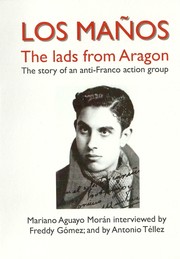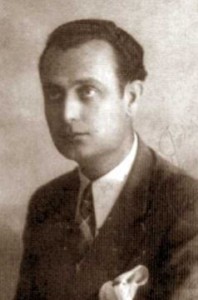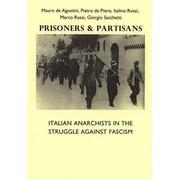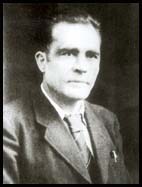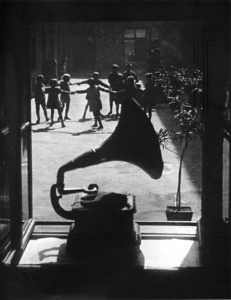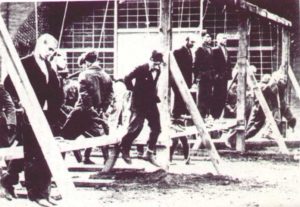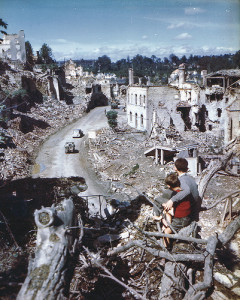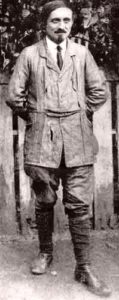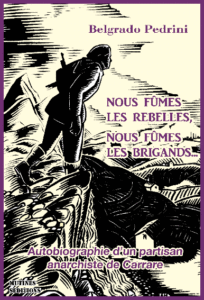La Resistenza anarchica in Germania è poco nota. Da qualche anno grazie ai lavori di alcuni studiosi anche italiani ne sappiamo di più.
Anarres ne ha parlato con David Bernardini, autore di un libro su Rocker e di un altro libro sulle Schiere Nere.
Ascolta l’intervista con David:
Di seguito un articolo che ha scritto per Anarres
La storia della resistenza anarchica tedesca non è molto conosciuta. Cercherò quindi di fornire molto schematicamente un minimo di orientamento all’interno di un argomento così poco trattato.
Continue reading Schiere Nere e altri anarchici tedeschi contro Hitler

